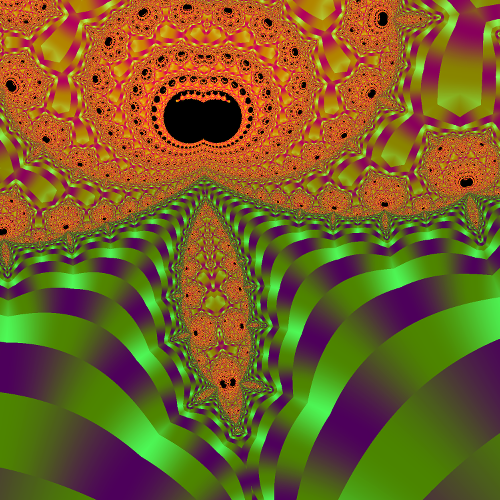結果
| 問題 | No.154 市バス |
| コンテスト | |
| ユーザー |
 koyumeishi koyumeishi
|
| 提出日時 | 2015-02-17 23:38:37 |
| 言語 | C++11(廃止可能性あり) (gcc 15.2.0 + boost 1.89.0) |
| 結果 |
WA
|
| 実行時間 | - |
| コード長 | 2,674 bytes |
| 記録 | |
| コンパイル時間 | 964 ms |
| コンパイル使用メモリ | 88,244 KB |
| 実行使用メモリ | 6,824 KB |
| 最終ジャッジ日時 | 2024-10-13 06:22:23 |
| 合計ジャッジ時間 | 5,731 ms |
|
ジャッジサーバーID (参考情報) |
judge5 / judge2 |
(要ログイン)
| ファイルパターン | 結果 |
|---|---|
| sample | WA * 1 |
| other | AC * 4 WA * 4 |
ソースコード
#include <iostream>
#include <vector>
#include <cstdio>
#include <sstream>
#include <map>
#include <string>
#include <algorithm>
#include <queue>
#include <cmath>
#include <set>
using namespace std;
typedef struct{
int to;
int cap;
int rev;
}edge;
// node v : distance from s => level[v]
void bfs(vector<vector<edge> > &G, vector<int> &level, int s){
fill(level.begin(), level.end(), -1);
queue<int> q;
q.push(s);
level[s] = 0;
while(!q.empty()){
int e=q.front(); q.pop();
for(int i=0; i<G[e].size(); i++){
if(G[e][i].cap > 0 && level[G[e][i].to] < 0){
level[G[e][i].to] = level[e] + 1;
q.push(G[e][i].to);
}
}
}
}
int dfs(vector<vector<edge> > &G, vector<int> &level, vector<bool> &used, vector<int> &iter, int s, int f, int t){
if(s==t) return f;
else{
//iter[e] : done searching from v[0] to v[ iter[e]-1 ]
for(int &i=iter[s]; i<G[s].size(); i++){
//distance from s to v[e][i].to must be longer than dist from s to v
if(G[s][i].cap > 0 && level[s] < level[ G[s][i].to ]){
int d = dfs(G, level, used, iter, G[s][i].to, min(f, G[s][i].cap), t);
if(d>0){
G[s][i].cap -= d;
G[ G[s][i].to ][ G[s][i].rev ].cap += d;
return d;
}
}
}
return 0;
}
}
int dinic_maxflow(vector<vector<edge> > &G, int s, int t){
const int INF = 100000000;
int flow=0;
while(true){
vector<int> level(G.size(), -1);
vector<int> iter(G.size(), 0);
vector<bool> used(G.size(), false);
bfs(G, level, s);
if(level[t] < 0) return flow; //unable to achieve to t
while(true){
int f = dfs(G, level, used, iter, s, INF, t);
if(f==0) break;
else flow += f;
}
}
}
void add_edge(vector<vector<edge> > &G, int from, int to, int cap){
G[from].push_back((edge){to, cap, (int)G[to].size()});
G[to].push_back((edge){from, 0, (int)G[from].size() - 1});
}
void solve(){
string s;
cin >> s;
int n=s.size();
vector<int> G;
vector<int> R;
for(int i=0; i<n; i++){
if(s[i]=='W') continue;
else if(s[i] == 'G') G.push_back(i);
else if(s[i] == 'R') R.push_back(i);
}
vector<vector<edge>> Graph(n+2);
int source = n;
int sink = n+1;
for(int i=0; i<G.size(); i++){
add_edge(Graph, source, G[i], 1);
auto next = lower_bound(R.begin(), R.end(), G[i]);
if(next == R.end()){
cout << "impossible" << endl;
return;
}
add_edge(Graph, G[i], *next, 1);
}
for(int i=0; i<R.size(); i++){
add_edge(Graph, R[i], sink, 1);
if(i>0){
add_edge(Graph, R[i-1], R[i], 10000);
}
}
int ans = dinic_maxflow(Graph, source, sink);
if(ans == G.size()){
cout << "possible" << endl;
}else{
cout << "impossible" << endl;
}
}
int main(){
int T;
cin >> T;
while(T--){
solve();
}
}
